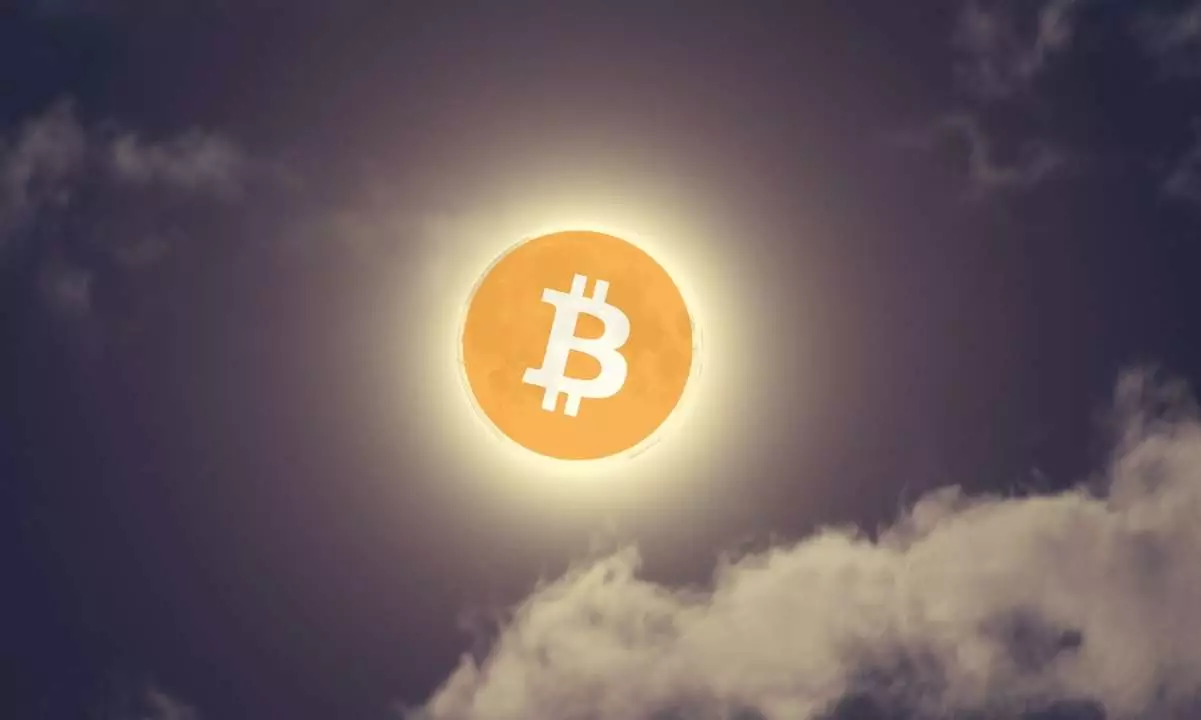The cost of buying Bitcoin (BTC) has surged to record highs, and at the same time, the cost of moving it has also reached unprecedented levels. On-chain data reveals that the price for Bitcoin block space has touched an all-time high in BTC terms, primarily driven by the immense demand created by Ordinals transactions. Bitcoin for Fairness founder Anita Posch recently drew attention to this record cost, highlighting that transactions have exceeded 350 satoshis per vByte (sat/vB) as of Thursday.
To comprehend the significance of this cost surge, it is important to delve into the concept of vBytes and block weight. A vByte represents a measure of block weight and transactions, whereby one vByte is equivalent to four weight units. In total, each Bitcoin block can store 4 million weight units of witness data, with a standard SegWit-based transaction weighing only 1 weight unit.
Mempool data reveals that the weight of Bitcoin’s mempool, where unconfirmed transactions are stored, reached a new high of 390 vMegabytes (vMB) on Tuesday. This alarming statistic signals substantial blockchain congestion, leading to slower BTC settlement times and more costly transactions. Consequently, the feasibility of smaller on-chain payments is compromised. In response to these exorbitant fees, Posch expressed concerns about onboarding users in countries like Ghana and South Africa. She indicated that transactions at such costs amount to 10% of the average income in many of these nations, further emphasizing the detrimental impact of soaring fees.
Ordinals transactions have played a significant role in driving up Bitcoin fees throughout the year. Ordinals is a protocol for issuing NFTs and tokens on the Bitcoin blockchain. Unlike other blockchains, Bitcoin NFTs directly store the image data for their tokens on-chain, resulting in larger and more expensive transactions. Data from Dune Analytics illustrates that users paid $1.9 million in Ordinals fees on Tuesday alone, followed by an additional $854,000 on Wednesday. In total, transactions related to Ordinals have incurred $148.4 million in fees thus far.
Bitcoin Core developer Luke Dashjr and other Bitcoin enthusiasts argue that Ordinals transactions could be considered a form of network spam. In response, Dashjr has launched a new Bitcoin mining pool, OCEAN, which filters out Ordinals transactions to prioritize “real” transactions for miners. This move encourages miners to contribute towards blocks filled with legitimate transactions, rather than prioritize Ordinals transactions.
Bitcoin is not the only blockchain facing rising transaction fees. Ethereum’s gas fees have almost doubled since last month, particularly due to the introduction of Buterin Cards NFTs. These heightened fees have reached their highest level since May of this year. Notably, Ordinals enabled Bitcoin transaction fees to rival those of Ethereum the previous month, accumulating approximately $52.6 million in fees from November 18 to November 25. In contrast, Ethereum recorded $61.5 million during the same period.
The escalating fees have significantly impacted Bitcoin mining pools. According to HashRate Index, between 25% and 30% of rewards to Bitcoin mining pools have derived solely from transaction fees over the past three days, surpassing the standard 6.25 BTC block subsidy. Nevertheless, the upcoming Bitcoin halving in April will reduce this subsidy by half, leading to further implications on mining pool revenues.
The surging cost of Bitcoin and the subsequent rise in transaction fees pose significant challenges for users and businesses alike. The congestion in the Bitcoin network, primarily caused by Ordinals transactions, has resulted in slower settlement times and increased costs. As Bitcoin continues to compete with other blockchains, such as Ethereum, in terms of fees, it is crucial for developers and industry stakeholders to find innovative solutions to address these challenges and maintain the usability and viability of Bitcoin as a digital currency.















